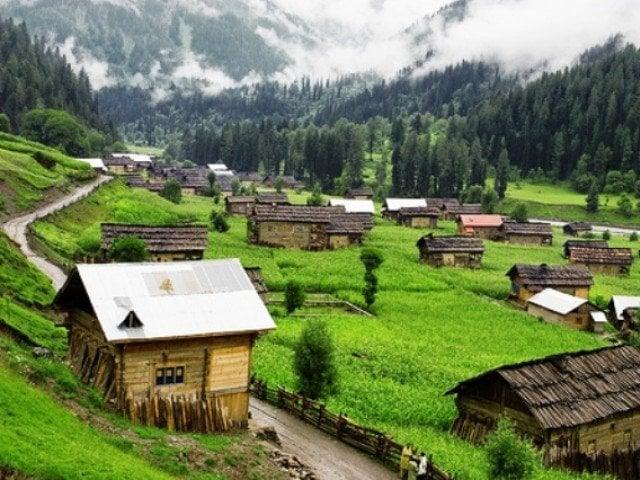Former president of Azad Jammu and cashmere and the main diplomat Sardar Masood Khan have warned that the intensification of the conflict between Iran and Israel could have serious consequences on the security, stability and the regional position of Pakistan.
In a series of interviews, he declared that an prolonged war could cause an influx of Iranian refugees in Pakistan, comparable to the benefits of the Afghan conflict.
He warned that the already stretched resources of Pakistan would be concerned if hostilities in the Middle East persist.
If the war is moving away, there is a strong possibility of a massive exodus of Iranian refugees towards Pakistan, “said Khan.” Such a scenario would create economic, political and social pressure. “”
Khan also warned that instability on the western border could provide a bridge for infiltration by anti-states groups allegedly supported by hostile foreign powers, in particular India.
He appointed outfits like the Liberation Army Baloch (Bla) and the Balutchistan Liberation Front (BLF) as potential threats.
“A weakened border with Iran could be exploited by proxies seeking to destabilize Pakistan,” said Khan.
Discussing the strategic objectives of Israel, Khan noted that Tel Aviv had already targeted Iranian nuclear infrastructure in Fordow, Natanz, Isfahan and other critical sites. According to Khan, Israel claims to have neutralized almost 40% of the Iranian air defense network.
He also allegedly alleged that Israel was pushing the United States to intervene militarily or to grant approval from the limited use of tactical nuclear weapons.
“They offer underground nuclear strikes, which they support limited the benefits,” said Khan. “But the experts believe that such a thought is dangerously naive.”
During international reactions, Khan said that if Russia and China had expressed their support for Iran, Tehran had not officially sought military assistance.
He added that Russian President Vladimir Putin proposed to Medier, a gesture greeted by Iran but rejected by Israel.
Khan also underlined the current diplomatic efforts, noting that the United States has enabled a 15-day window to decide its course.
“It has opened up to Parting Backchannel diplomacy,” he said. “The British Foreign Minister has been active in Washington, and even some of President Trump’s advisers call for restraint.”
Despite diplomatic movements, Khan warned that US military deployments in Europe, the Middle East and Diego Garcia report preparation for climbing.
“The world is held at a perilous crossroads,” he concluded. “We have to prepare for all the results, even if we hope that diplomacy would prevail.”
Meanwhile, Iran condemned American air strikes on its nuclear facilities as a serious violation of international law, warning of dangerous consequences and promising to defend its sovereignty by all means.
Find out more: Tehran promises self -defense with “all strength” after we hit three nuclear installations
The strikes, carried out on June 21 and announced by American president Donald Trump, targeted the main nuclear sites of Iran in Fordow, Natanz and Isfahan.
Trump declared the mission to be successful and warned of new attacks if she retaliates or refuses peace.
The attack, launched in coordination with Israel in the midst of its ongoing military attacks against Iran, marked a major escalation in regional tensions.
Trump, flanked by senior US officials, said strikes aimed at destroying Iran’s nuclear capacity and preventing it from acquiring a nuclear weapon. He then said that all of the American planes had left Iranian airspace safely.
Iran denounced strikes as a criminal assault and called on the United Nations and the IEA to hold responsible Washington.
Iranian officials accused the United States and Israel of having undermined diplomacy and criticized Western nations for having demanded from Iran on the return to the talks that he never left.
The overall reaction was mixed. Israel welcomed Trump’s decision as a historic, while UN secretary general António Guterres described him as a dangerous climbing that threatens global security.
The EU, the United Kingdom and several other nations have urged de-escalation and a return to diplomacy. Countries like Venezuela, Cuba and Qatar condemned American action, warning of regional instability.




